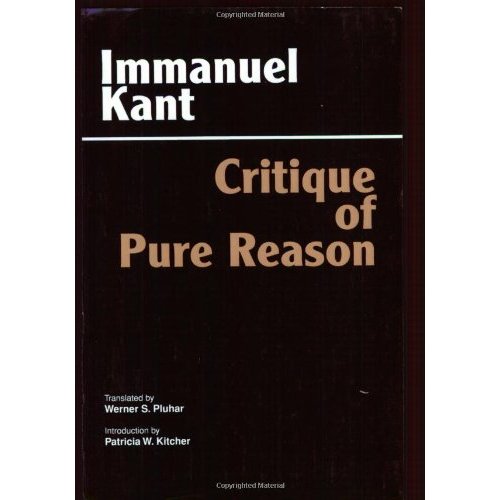I thought about this question for a long time, and my default response is something along the lines of...
'Truth' and 'reason' have such a fundamental relationship to one another that it barely makes sense to talk about 'alternative methods of determining truth from fiction'. You may as well ask, 'Why do we use gravity to stay rooted to the ground, and not, say, pictures of kittens?'
This kind of conjecture has been tried before - you might find some interest in the work of the Neo-Kantians at the turn of the 20th century, where there was a lot of work going on to try to establish the' human sciences' as separate and distinct from the natural sciences, with their own rules if proof, &c.
However, I return to my point. Ultimately, I think that any method of perceiving truth from fiction is ultimately based upon done kind of 'reason'.
Consider 'feelings'. The rational computation of 'feelings' is still being done, just at a molecular (in the case of hormones, &c.) rather than conscious level. The rational rules - or axioms - which underpin the efficacy of 'feelings' have been settled and conditioned by millions of years of evolution. The 'cycles of criticism' have been done in terms of survival - or not, to result in the 'feelings' we experience, which are kinds of heuristics based upon millions of years of testing.
Even 'direct perception of truth' using the senses is based upon this kind of 'reason', so in that sense I am like to conclude that 'reason' as a method of discerning truth from fiction is, in reality, the only one.
Everything else is just a heuristic ultimately founded upon some process of reason; and yes, that means therefore that I am claiming that evolution by natural selection is a 'process of reason'.


